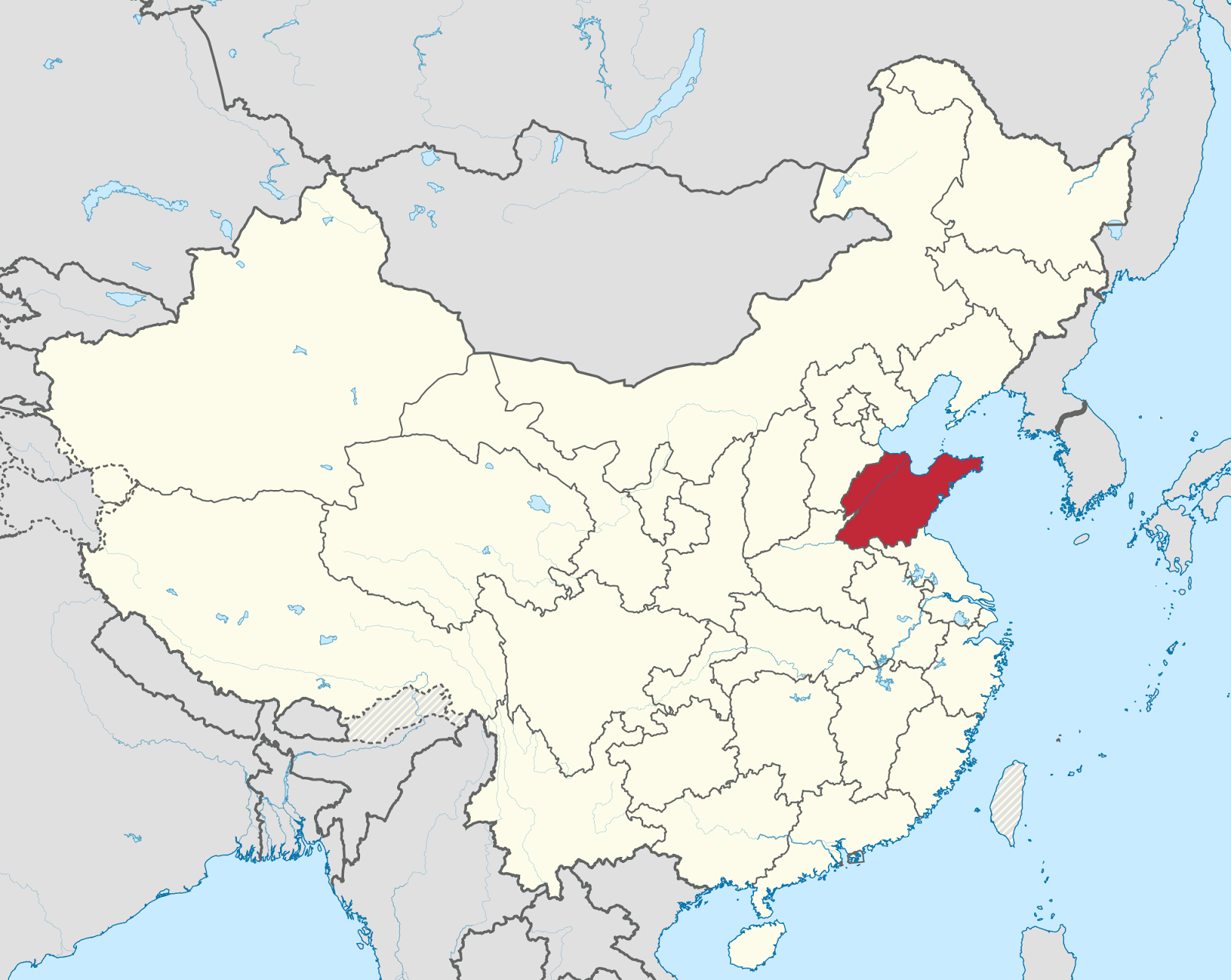Anita Ekberg joins me in wishing all of our contributors, readers, friends and families a healthy, happy, prosperous 2015.
Month: December 2014
The Failure of State Sponsored Capitalism
It is my assertion that over the last few decades since the fall of communism a lack of understanding of how markets actually work has become commonplace around the world. When it was capitalism vs. communism (or socialism, or even fascism), you generally knew where you stood. To wit:
- Capitalism said that the free market would provide the best outcome for society, while communism / socialism felt that capitalism had to be tempered and / or that key assets should be owned by the state
- Capitalism said that government should be small, and stick to a few areas of logical focus such as security and foreign affairs, while socialism / communism celebrated government and government jobs as a way to employ the citizenry and achieve social goals
Subtly, the growing attraction of jobs that were primarily in the government sector (environmental jobs, education jobs, health care jobs, and outright government work) and the basic thought that you could build a nice, steady career there with assured benefits and pensions while “doing right for the world” became commonplace. These jobs were often seen as “nicer” and “better” than the ruthless corporate jobs that are continually vilified or parodied on television (such as “The Office” or virtually any thriller set in business).
On a parallel scale, the idea that “State Owned Enterprises” (SOE) could be a significant part of the world economy, and compete effectively with private sector companies, became widespread. Let’s leave aside the companies that fell into the US governments’ hands during 2008-9 like the banks and car companies; I am focusing on the world wide companies, often country “champions”, that are in our midst and whose performance has now been hit with the usual causes of failure of these sorts of entities, including:
- Politically motivated investment
- Forced government subsidies or protectionist behavior
- Corruption
Movie Review: The Imitation Game
I recently saw this film, which is based on the life and exploits of the mathematician, codebreaker, and computer science pioneer Alan Turing. It is very well acted and definitely worth seeing; it’s good for more people to become familiar with Turing’s story and the accomplishments of the Bletchley Park codebreakers. HOWEVER, the extremely negative portrayal of Commander Alastair Denniston, who ran BP, seems to have little basis in fact. Denniston was a real person, and his family is understandably upset at the way he was misrepresented in the film. Dramatic license is one thing, but if you want a villain, then make one up; don’t turn a real historical non-villainous individual into one. There have been several articles in the UK press lately about the film and its portrayal of various individuals, especially Denniston:
Bletchley Park Commander not the ‘baddy’ he is in The Imitation Game, family says
Bletchley Park ‘villain’ was kind and dedicated, says ex-colleague
The Imitation Game falsely paints Bletchley Park commander
The film also could have done a better job at giving credit to the Polish mathematicians who pioneered machine methods of codebreaking, before WWII began. Also, the film gives the impression that Turing’s friend Joan Clark was the only female codebreaker at Bletchley…this is not true, a very large number of women worked at BP, and some of them were in professional codebreaking roles. One of these women was Mavis Lever; I excerpted some of her writing about BP at my 2007 post the Bombe runs again. And it seems that the real Alan Turing, while he definitely came across as a bit of an odd duck, was more likeable than he is (at least initially) portrayed in the film; he has been called “a very easily approachable man” who did in fact have a sense of humor. There’s a bit too much of “standard character type 21037–eccentric genius” in this version of Turing.
The above critiques to the contrary, though, you should definitely see the film. It does a good job of maintaining interest, even for those like myself who are already pretty familiar with the history The filmmakers could have avoided the above problems without harming the film’s impact as drama; indeed, I think there are accuracy-related changes that could have made the film more rather than less dramatic.
This article compares several of the fictionalized Bletchley Park individuals with the real-life counterparts. And this piece, by a woman who has spent a lot of time studying Turing and BP, is focused particularly on the character of Turing in real life versus in the film. Probably makes most sense to see the movie first and then read these links for additional perspective.
Can China Liberalize in Time? Keep Your Eyes on Shandong
This post was originally posted at The Scholars Stage on the 27th December, 2014. It has been re-posted here without alteration.
.svg.png) |
| Shandong is the red one. Map by Uwe Dedering. Wikimedia. |
Things are looking up for President Xi Jinping. Arthur Groeber sums things up well in a challenge he recently gave China File readers: “Name one world leader with a better record.” [1] Mr. Groeber has a point. All those who predicted that the Hong Kong umbrella movement would prove an impossible crisis for President Xi have been proven wrong. The protestors are gone, but Xi is still around, signing energy deals with Russia, launching new international development banks, and even shaking Shinzo Abe’s hand. He has restructured the Chinese Communist Party’s most important policy bodies, and if the recently concluded 4th Plenum Communique is anything to judge by, more reforms are coming. One domestic rival and crooked official after another has fallen to his anti-corruption campaign, which having felled 200,000 “tigers and flies” is now tearing into the once unassailable PLA. To top things off, sometime this summer Xi Jinping’s countrymen began calling him “Big Daddy Xi.”[2] The term is a compliment: President Xi is now the most popular leader on the planet.
 |
| Aesop’s portrait of Xi Jinping
“The Frogs Who Desired a King” |
For all of these reasons and more Xi Jinping is considered to be the most powerful leader China has seen since the days of Deng Xiaoping. Yet the real test of Xi Jinping’s power isn’t found on the foreign arena or in struggles to cleanse the party of graft. Grand standing on the international stage and stoking up nationalist feeling is not hard for any leader–especially in China. The attempt to centralize the Communist Party of China and purge the corrupt from its ranks is a much more impressive display, but in many ways this entire campaign is more a means than it is an end. What end? An obvious answer is that the good President pursues power for power’s sake, as leaders the world over are wont to do. But there is more to it than this. This man did not attain his high position through will-power alone. He was selected to accomplish a job that needs doing. And while the frogs may regret crowning the stork to be their king, it is worth our while to ask why the frogs desired a king in the first place. [3] In China’s case the answer is fairly simple: If Beijing does not want to see its own Japan-style “lost decade” then economic reform is needed, and it is needed urgently. Xi Jinping has been trusted with the power to reshape the Party because that is the kind of power that is needed to defeat the vested interests that stand in the way of economic liberalization.
I won’t get into a full discussion of why reform is so urgent here–if you are curious I strongly recommend Michael Pettis‘ September essay, “What Does a ‘Good’ Chinese Adjustment Look Like?” which lays out the essential points in detail. More important for our discussion is the pace and scale that these reforms take. The 2013 Third Plenum was devoted to this question; financial analysts have been abuzz ever since discussing how well the Plenum’s directives are being implemented. Of particular concern are the financial happenings at the county, city, and provincial levels. It was infrastructure spending by these governments that rode China through the recession, and that effort has left many of these governments over leveraged and left others liable for a host of non-performing loans. Reforming this system is necessary. It is also difficult, for it means slaughtering the favorite cash cows of powerful men and forcing China’s wealthy and connected to face the risk inherit in their poor investments instead of shifting losses to the state.
Any attempt to liberalize markets and end China’s financial repression must start here. By extension, any attempt to assess the power Xi Jinping has over the Party must also start here. We will know that Xi Jinping has the level of control over his country that everyone says he does when local government finances see substantive reforms.


